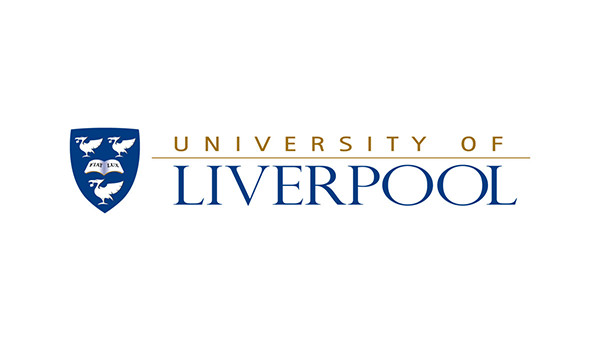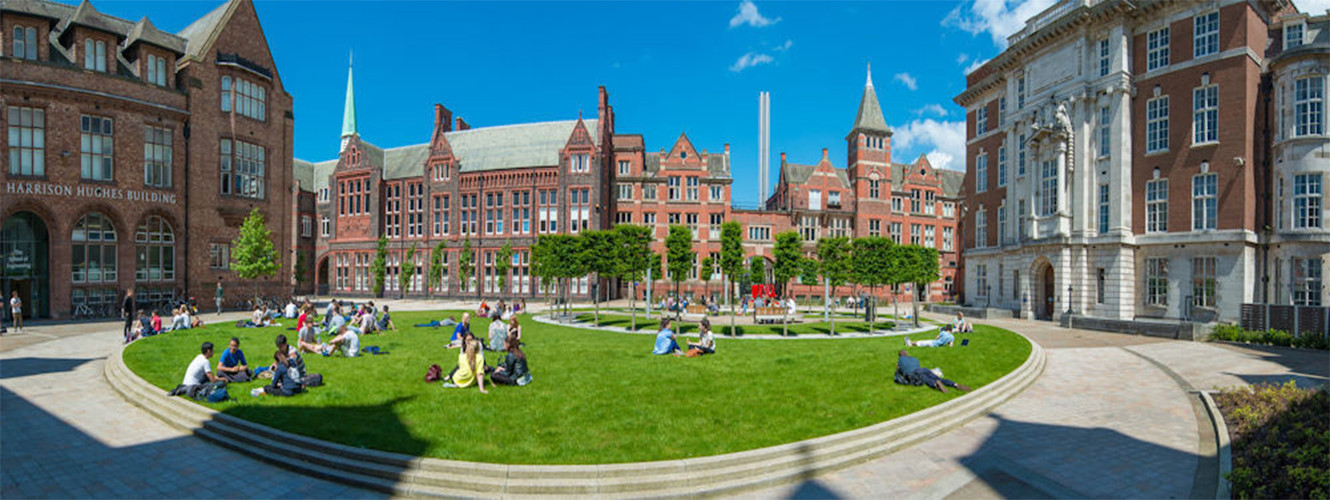UK83 BSc (Hons) Mathematics and Economics University of Liverpool
-
THÔNG TIN CHUNG
Consider studying Mathematics and Economics GL11 if you really want to enhance your job opportunities. The two subjects come very much hand-in-hand and offer a firm foundation for your future career.
Please note that we regularly review our teaching, so the choice of modules may change.
Programme in detail
Economics and mathematics are both highly relevant subjects in today’s world. This degree combines them in about equal measure, with considerable flexibility in the choice of modules after Year One. Modules covered include Microeconomics, Macroeconomics, Statistics, Numbers, groups and codes, as well as core mathematics modules.
In Year Two you will take four core modules and four additional modules from the remaining optional module list. For Year Three you will choose four economics modules and four maths modules.
-
CƠ HỘI NGHỀ NGHIỆP
A mathematically-based degree opens up a wide range of career opportunities, including some of the most lucrative professions.
Typical types of work our graduates have gone onto include as an actuarial trainee analyst in the audit practice, a graduate management trainee risk analyst and as a trainee chartered accountant on a graduate business programme. Employers value mathematicians’ high level of numeracy and problem solving skills.
Financial rewards are impressive, research by Pricewaterhouse Coopers revealed that mathematical science graduates earn on average an extra £241,749 over their lifetime than those who leave school after A levels. This is the third highest ‘graduate premium’ of all subject areas
- ĐIỀU KIỆN ĐẦU VÀO
- ĐIỀU KIỆN NGÔN NGỮ
- HỌC BỔNG
- ĐỊA ĐIỂM
Tóm tắt
-
Phí ghi danh
0
-
Độ dài khoá học
3 năm
-
Kỳ nhập học
Tháng 9
Phí Cơ Bản
-
Loại Tiền
-
Học Phí
Trên năm -
Phí Sinh Hoạt
Trên năm -
Tổng






